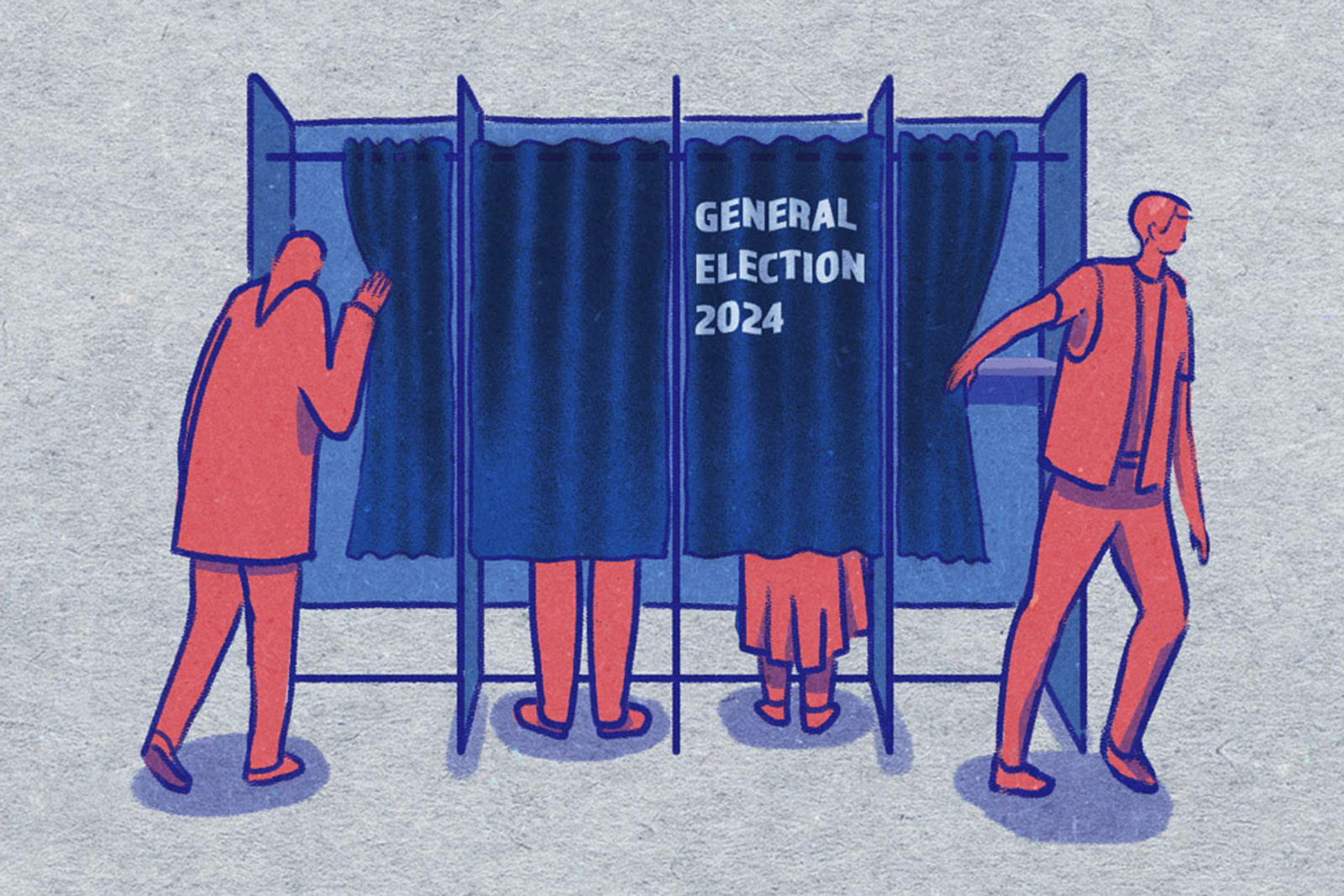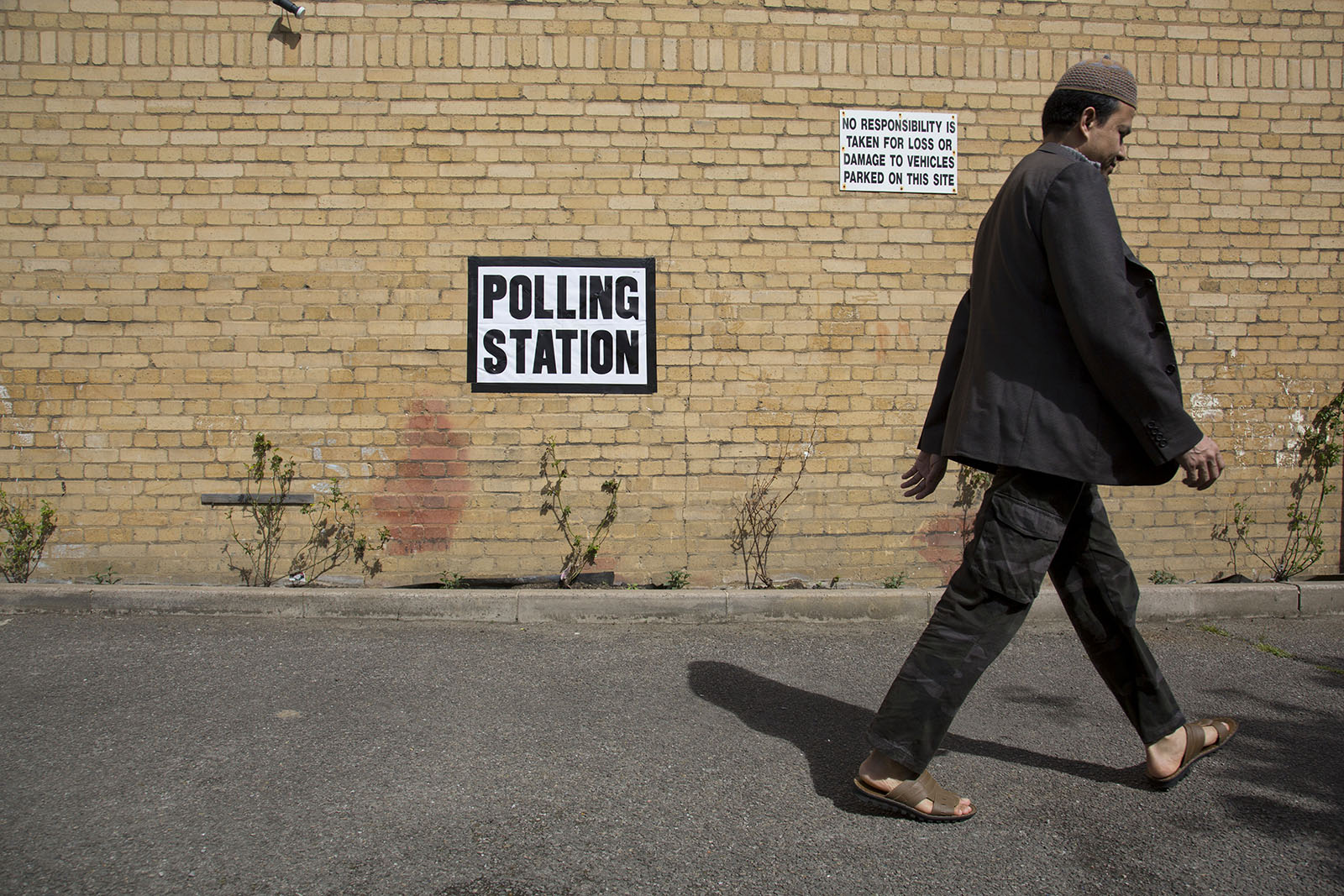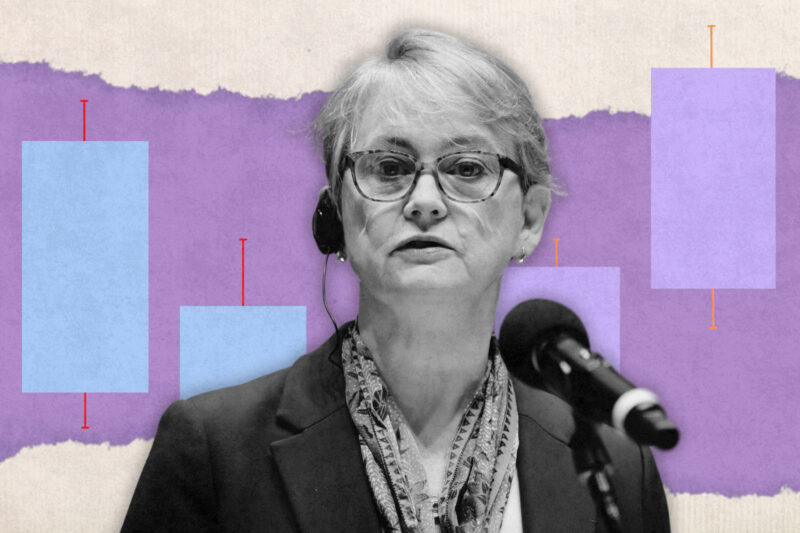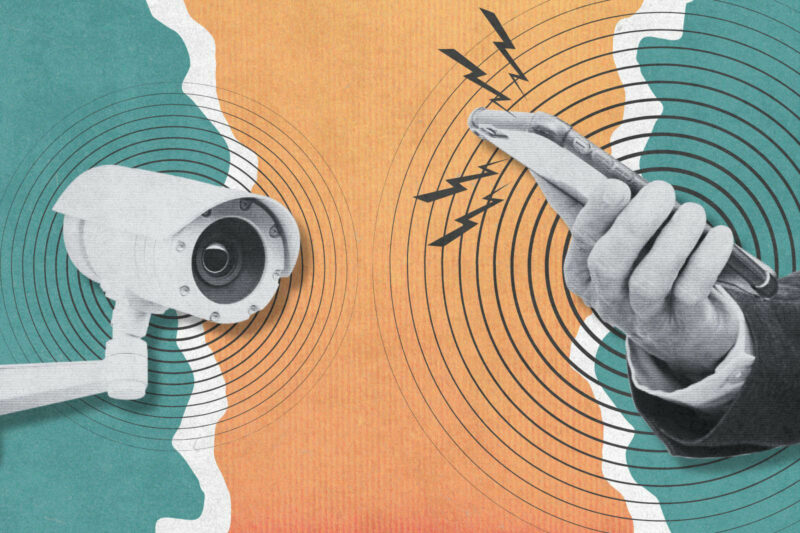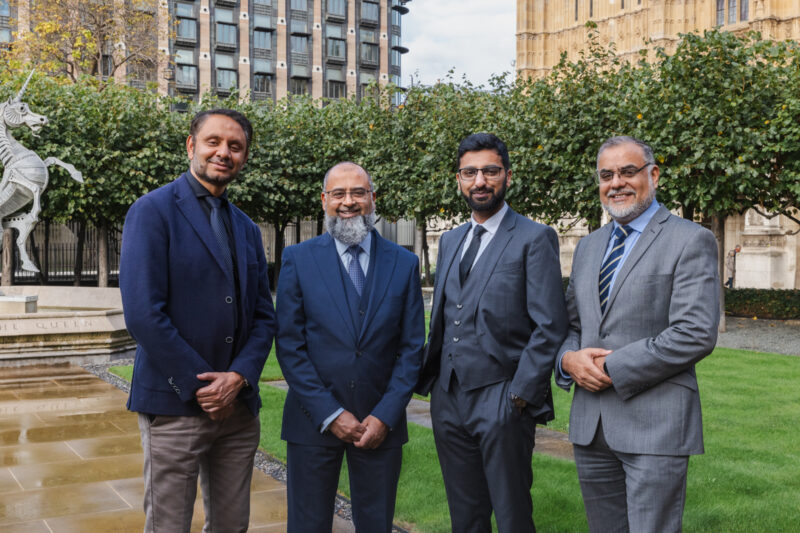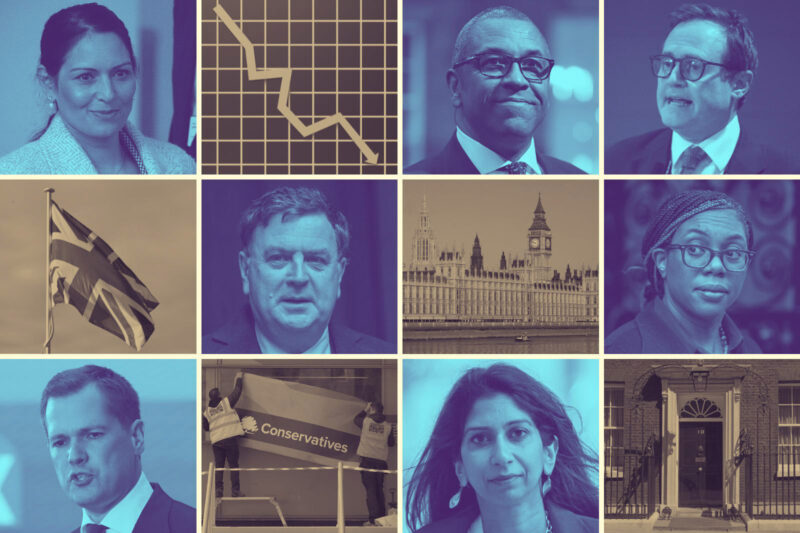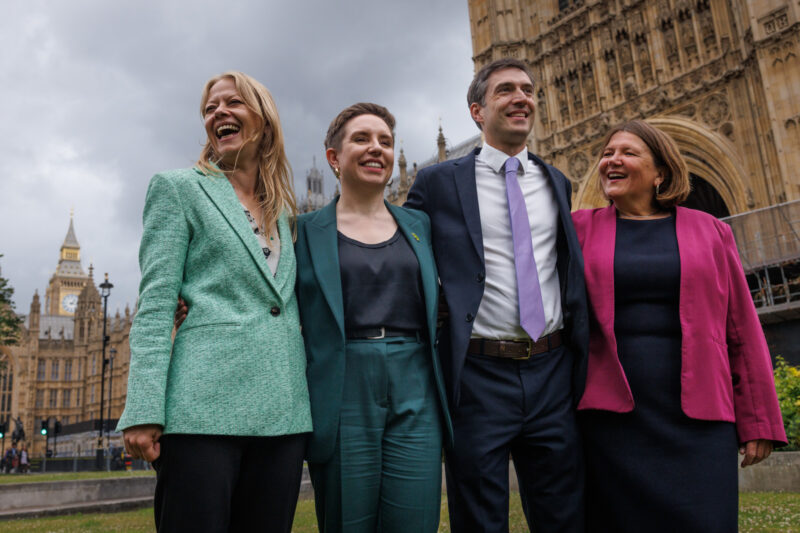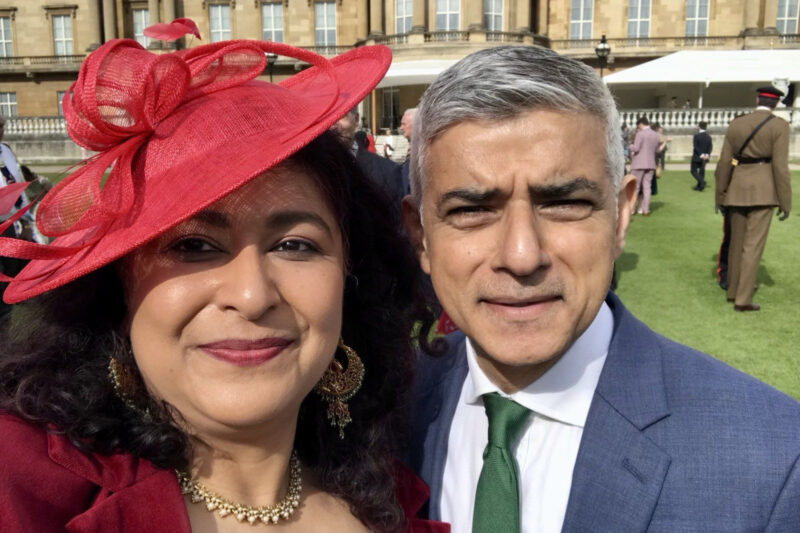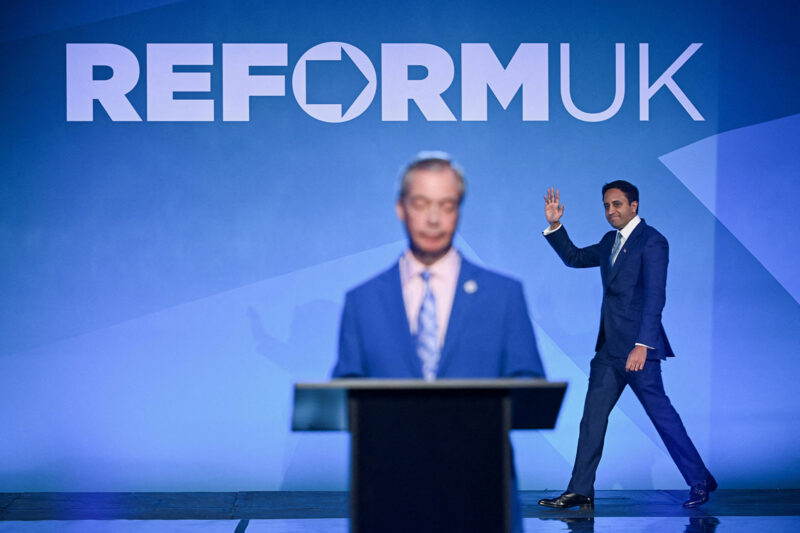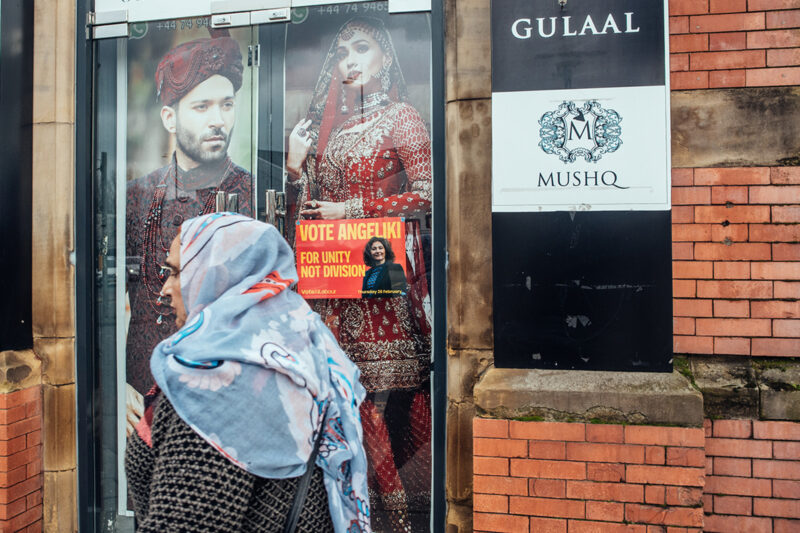Votes at 16 will enfranchise 156,000 young Muslims — 10% of new voters
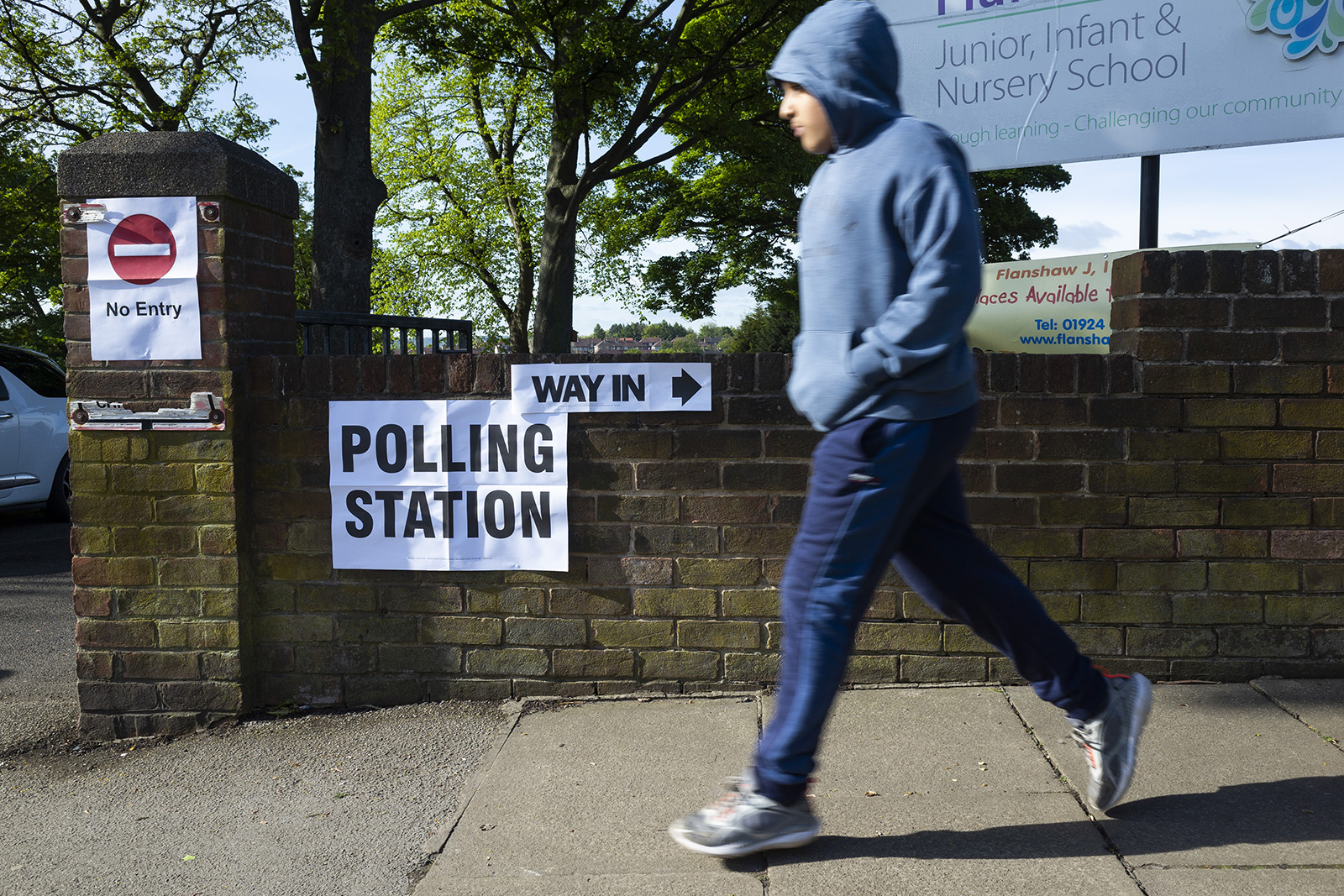
Analysis of 2021 census data also finds young Muslim voters could have biggest impact in urban areas such as Birmingham, Bradford and east London
The government’s plan to lower the voting age to 16 before the next general election will enfranchise more than 150,000 young British Muslims — who will make up more than a tenth of all new voters.
An estimated 156,000 16 and 17-year-old Muslims will be eligible to vote in 2029, based on Hyphen’s analysis of 2021 census data. Muslims in the UK are on average younger than followers of other religions, and 10.7% of the youngest voters in 2029 will be Muslim — compared with 6.5% of the general population.
Young voters are likely to be concentrated into urban areas, with constituencies in Birmingham, Bradford and east London — all areas with high Muslim populations — making up eight of the 10 seats that are currently home to the most 16 and 17-year-olds.
Analysis by the thinktank More in Common has already found an overlap between these seats and the places where independent candidates performed well at the 2024 general election.
“From my experience, there is an awakening of young people,” said Abdi Hassan, the founder of Coffee Afrik, a charity and community organisation working in east London.
“They feel more frustrated with local systems and national government. There is a lack of representation for young people’s voices, particularly around social justice issues such as police stop and search and mental health.”
Young voters could have a particularly significant impact on the outcome of the likely 2029 election, particularly in seats with high Muslim populations in Birmingham, Bradford and east London, according to consultancy firm 5654 & Company.
“Because constituency boundaries are based on the number of registered voters, we’d expect the number of registered voters to increase significantly in more urban areas,” added More in Common’s deputy research director, Ed Hodgson. “So we should see a greater number of constituencies there at the next boundary review.”
At the 2024 election, 18 to 24-year-olds primarily supported parties of the left and centre, with Labour winning most votes, followed by the Liberal Democrats among young men and Greens among young women.
But the areas with the highest Muslim populations saw Labour’s vote share plummet, and turnout among both young people and Muslims appears to have been lower than average.
There has yet to be any polling of young people who will be 16 by the next election. YouGov polling of 18 to 24-year-olds on 27 October 2025 found that the Green Party was the most favoured, with 40% support, ahead of Labour on 21%, the Lib Dems on 13% and the Tories and Reform on 12% and 6% respectively.
“For too long, Muslim youth have been kept at the periphery of politics and their ability to vote as young as 16 and 17 will be a key step in ensuring British Muslim youth are engaged in wider civil society,” said Abdulla Almamun, head of community engagement at the Muslim Council of Britain.
“British Muslim youth want to be politically engaged and their voices must be heard on issues affecting their education, housing, knife crime and the rising cost of living among many other issues they face. Their votes must count in the next general election at a time when Muslims face multiple threats by the rising far right.”
 Newsletter
Newsletter


